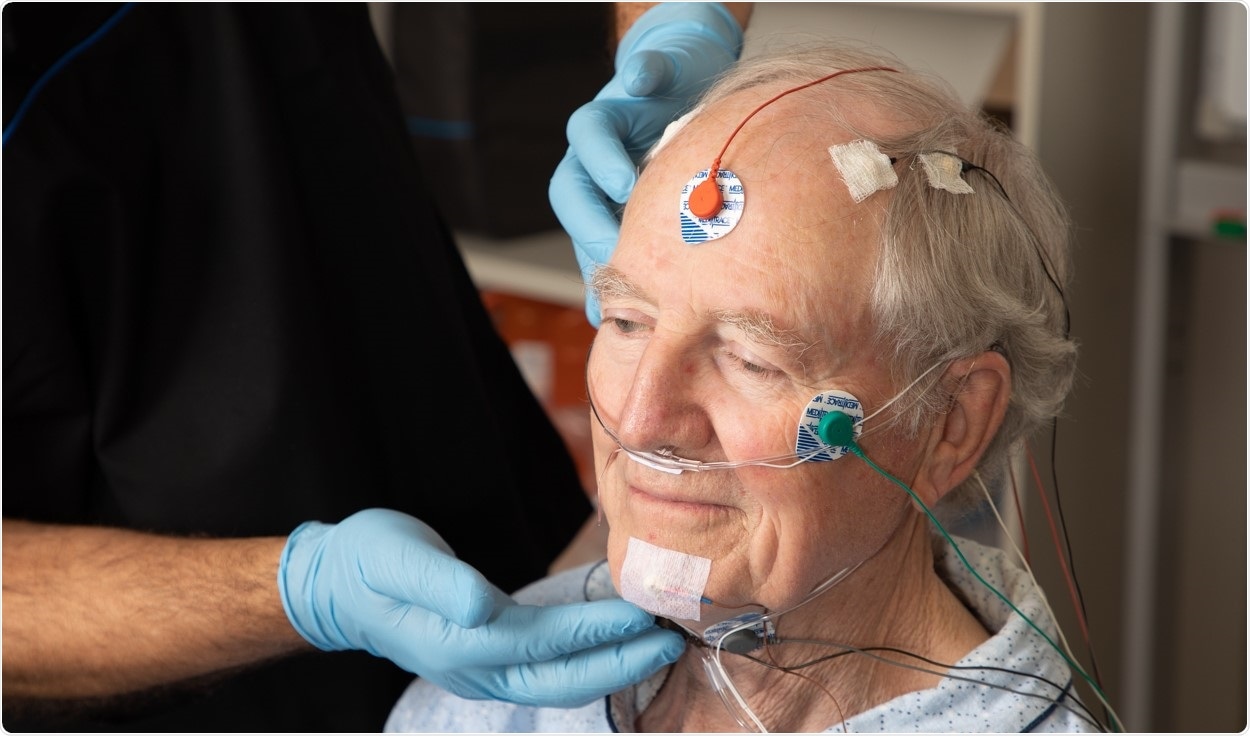New trials at The University of Western Australia may offer hope to sufferers of sleep apnea who struggle to get a full night’s sleep without disruption.

Image Credit: University of Western Australia
Sleep apnea is the second most common sleep disorder affecting approximately 50 percent of people over the age of 50 and occurring when the airway or throat narrows or completely blocks during sleep.
The current most effective way of treating sleep apnea is via a continuous positive airway pressure (CPAP) machine that blows air into the upper airway passages. However, less than 50 per cent of patients go on to use it long term.
UWA’s Centre for Sleep Science is seeking volunteers to take part in one of two current trials investigating two new treatments that are possibly more tolerable than CPAP yet still effective for users.
Dr Jen Walsh, Director of UWA’s Centre for Sleep Science, said there was a need for new sleep apnea therapies on the market.
Current therapies for sleep apnea can work very well if people can tolerate them, but these potential new therapies might be a great alternative for people who struggle with existing options. It is really exciting that novel treatments for sleep apnea are being investigated. Being involved in a trial gives people the opportunity to test-run, and contribute to the development of, these cutting-edge therapies.”
Dr Jen Walsh, Director of UWA’s Centre for Sleep Science
The Centre is looking for approximately 10 volunteers (up to 75 years old) who have obstructive sleep apnea but are not regularly using any treatments for each of the two studies.
The first trial involves a small surgery with regular follow up and therapy adjustment over a 12-month period.
Participants would place a small patch under the chin each night to stimulate the surgically fitted device and keep the airways open during sleep.
The second trial, a pharmaceutical study, would require participants to take medication over an eight-week period.
Both trials would involve at least five overnight stays at the sleep lab at the Centre for Sleep Science, to assess how effective the therapy is for participants.
There is also the option for both studies to be extended if participants are willing."
Dr Jen Walsh
Sleep study results will be provided to all participants. Those interested in taking part should contact the Centre for Sleep Science on 6488 4604 or 0447 591 894 or email [email protected].